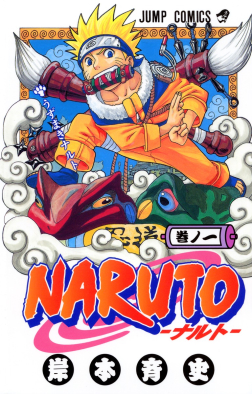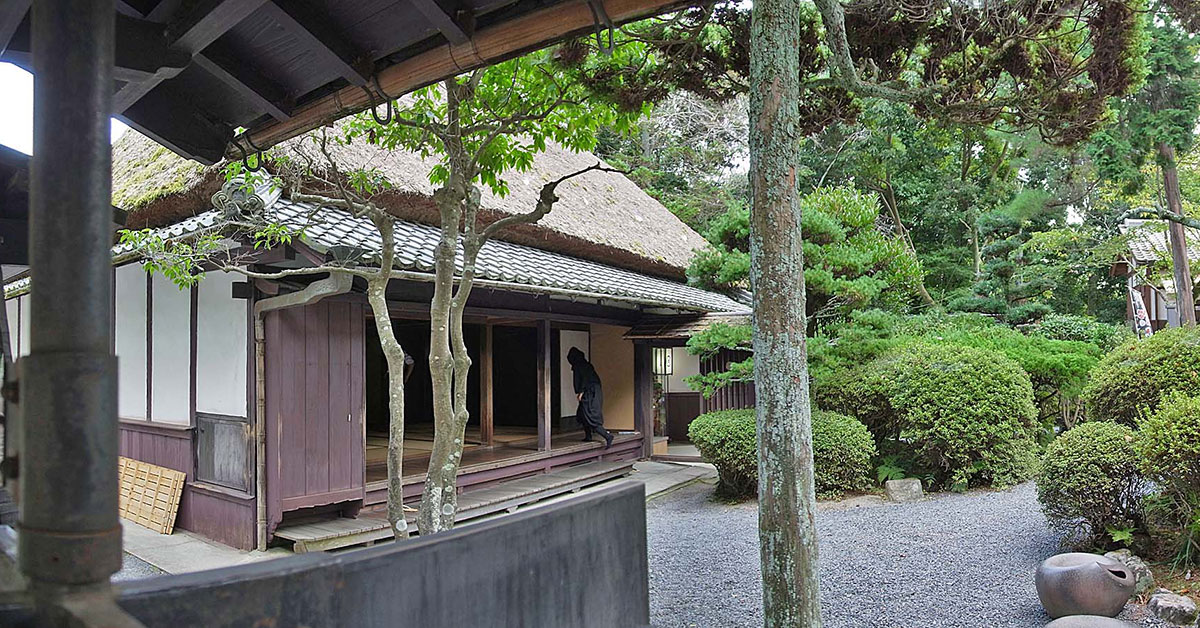Oily Dragon
Senior Master
Some things change, some never change even over a thousand years. The weapons change, the armor changes, but take all that away, the only way to gain a skill is to suffer for it.things continue to change, and how it is practiced today is not identical to how it was practiced 100 or 300 years ago. The door needs to be open to that change, and that change does not alter the identity of that system. It just means that it is adapted based on the current experiences of the practitioners.
Because suffering is the literal definition of the "nin" kanji 忍.
"Ninpo" is not much different than "kung fu", linguistically. Now that I think of it, the Chinese pronunciation of "po" is "fa"/"fat", the same as in quan fa.
Last edited:



